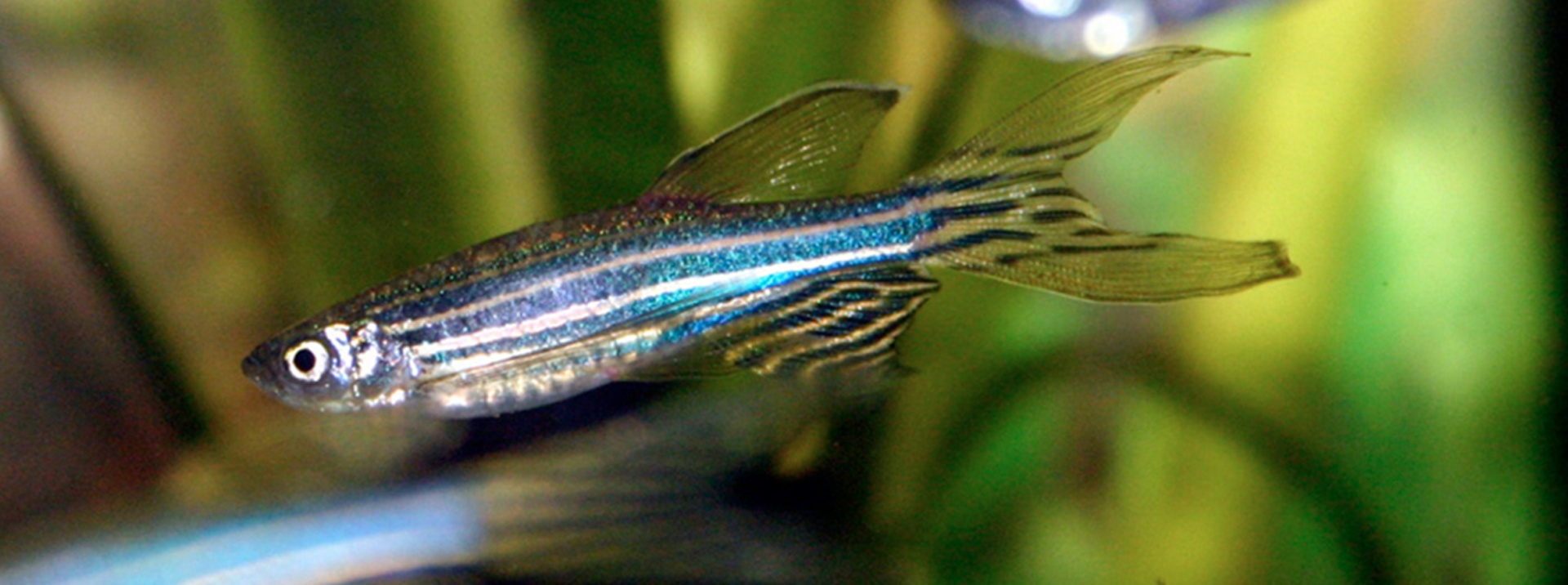The University Institute of Aquaculture and Sustainable Marine Ecosystems of the ULPGC and the ISFSI organize the Third International Conference on Immunology of Fish and Mollusks, in which the main world leaders in research on the subject will meet to discuss the health of these aquatic species for the safety of human consumption and their use as models for the development of biomedical research.
More than 200 researchers from 29 different countries will meet at the Palacio de Congresos de Canarias in the Alfredo Kraus Auditorium in Las Palmas de Gran Canaria between 16 and 20 June to present the latest advances in research into the immune system of molluscs, fish and crustaceans.
The appearance of microorganisms resistant to new treatments makes it difficult to control diseases, especially in aquaculture. "Diseases are one of the main problems affecting the profitability of the aquaculture industry, since in many cases there is no effective treatment, a vaccine, hence the importance of research in this field, which is also of vital importance for human consumption is produced under the maximum controls, "says Dr. Felix Acosta, who chairs the organizing committee of the Third International Conference on Immunology of Fish and Molluscs (3rd INTERNATIONAL CONFERENCE ON FISH & SHELLFISH IMMUNOLOGY).
This meeting that will take place in the capital of Gran Canaria is organized by the Aquaculture Research Group of the University Institute of Aquaculture and Sustainable Marine Ecosystems (ECOAQUA) of the University of Las Palmas de Gran Canaria (ULPGC), and will bring together the main leaders at the international forefront of immunology with the aim of presenting the most recent advances in this field.
During its development, 139 oral communications and 85 posters will be presented, which will provide a key network and educational interface for the different agents involved in the industry, the scientific community, health providers and independent research organizations to work together.
This is the third triennial symposium sponsored by the International Society on Fish and Shellfish Immunology (ISFSI). The Society's first conference was held in Vigo, Spain, in June 2013, and the second conference was held in Portland, Maine, USA, in 2016. Both meetings attracted numerous scientists from the field of immunology of fish, mollusks and crustaceans.
The ISFSI was established in 2010, but its origins go back to 1990, when the first fish immunologists from the Nordic countries began collaborating to reduce diseases in some cultivated species. In other words, most of the advances in the fish's immune system have occurred as a result of the growing development of aquaculture over the last thirty years. During this time, many pathological problems have arisen, triggering the emergence of preventive strategies against infections.
In addition, many areas of biomedical research are based on the use of several species of fish as models, due to the high similarity between their genome and that of the human being. The biological characteristics of these species, which do not age, make them ideal models for studying diseases such as Alzheimer's, Parkinson's, cancer or heart deficiencies, as well as in the field of regenerative medicine, for their ability to regenerate organs such as the heart.
Among the keynote speeches to be given at the Third International Conference on Fish and Mollusc Immunology is "Progress, Challenges and Opportunities in the Development of Fish Vaccines", by Dr. Alexandra Adams of the University of Stirling, Scotland; "Genómica e inmunidad del musillón mediterráneo Mytilus galloprovincialis en un entorno cambiante" (Genomics and immunity of the Mediterranean mussel Mytilus galloprovincialis in a changing environment), by Dr. Antonio Figueras of the Consejo Superior de Investigaciones Científicas (CSIC), "Detail of the complexity of interactions between salmon and sea lice" by Dr. Cristian Gallardo-Escárate, University of Concepción, Chile; and "The zebrafish: a research model to understand the evolution of vertebrate immunity", by Dr. Victoriano Mulero, Professor at the University of Murcia.
The main sponsor of this congress is the Seppic laboratory of the Air Liquide Group, as well as the Chilean laboratory Pathovet, the company VWR and the Canarian companies ADDIAGNOST, BIOTEIN, BIOSIGMA. Elsevier and The Fisht Site, the Bioasis Gran Canaria initiative, managed by the Sociedad de Promoción Económica de Gran Canaria (SPEGC) of the Cabildo Insular, and the Gran Canaria Convention Bureau have also participated as partners in the congress.


